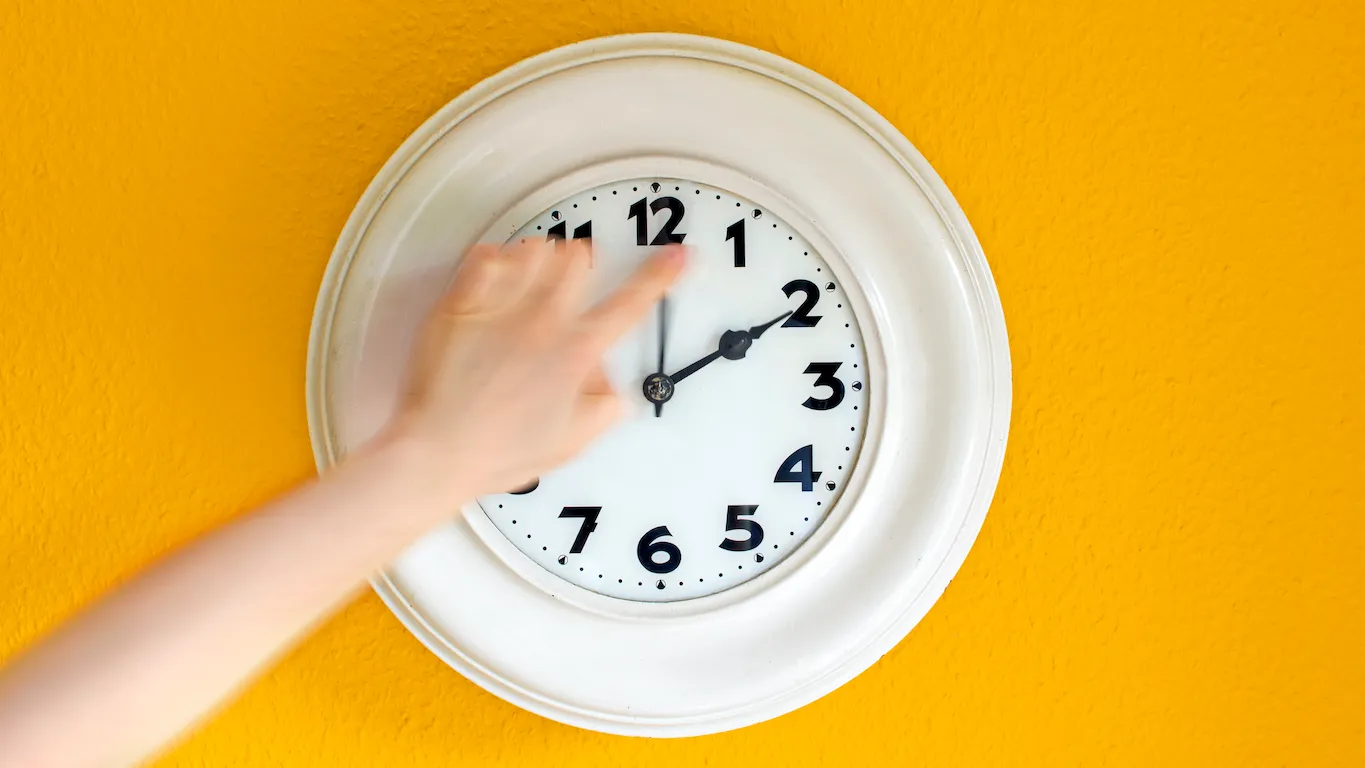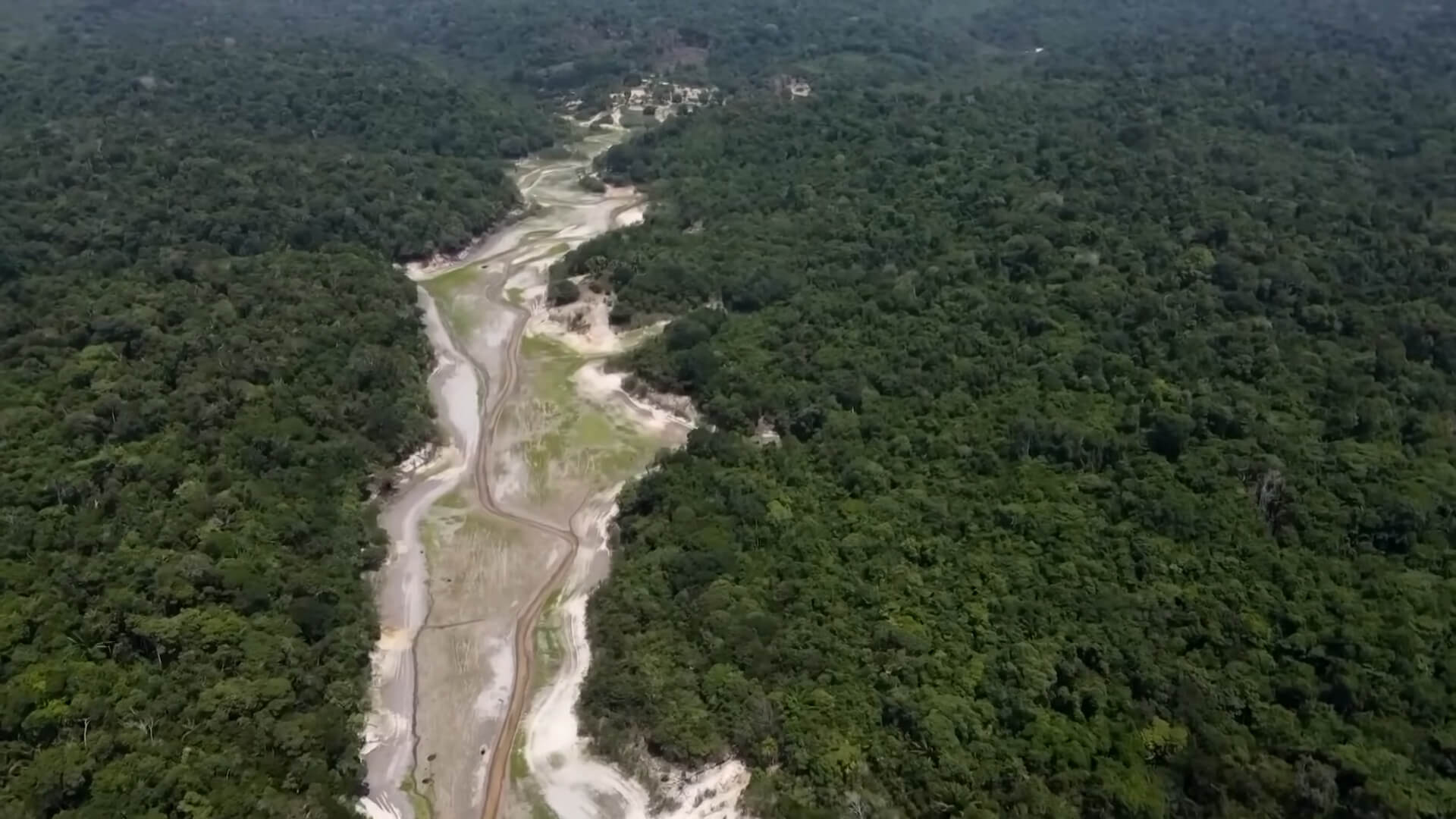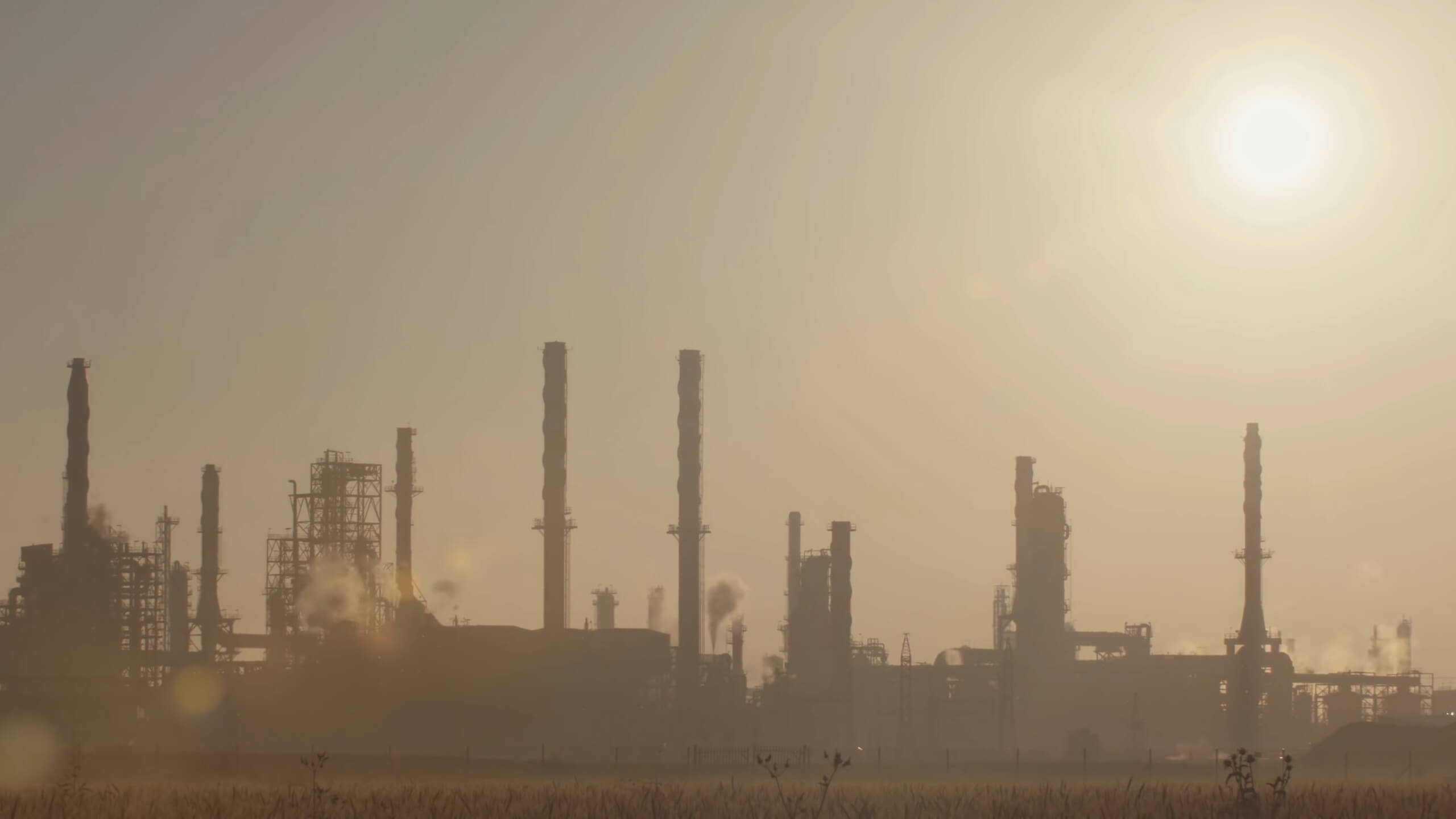
Brazil’s energy sector is in turmoil as the country faces prolonged droughts that threaten hydroelectric power, its main energy source. As the crisis worsens, officials are now discussing the possibility of reintroducing Daylight Saving Time (DST), a measure that could help reduce energy consumption during critical periods.
The discussion comes after Brazil’s National Electric System Operator (ONS) recommended bringing back DST, which was abolished in 2019 under former president Jair Bolsonaro. The goal would be to shift energy consumption patterns and reduce demand during the peak hours when the grid is most strained.
Impact of Drought on Hydroelectric Power

Brazil relies heavily on hydroelectric power, with over 60% of the country’s electricity coming from hydro plants, according to the International Energy Agency (IEA).
However, ongoing droughts, exacerbated by climate change, have significantly reduced water levels in key reservoirs.
Hydroelectric plants in Brazil’s Southeast and Center-West regions, which provide 70% of the country’s reservoir storage capacity, are especially affected by the drought. It is important to highlight that Sao Paulo and Brasilia are some of the most populated cities in the region. Reservoir levels in these regions are expected to stay below 50% of their capacity through the remainder of the year, increasing the likelihood of energy shortages and further price hikes.
How Could Daylight Saving Time Help Brazil’s Energy Crisis?
Explanation of how Daylight Saving Time works
Brazil’s energy system heavily relies on hydroelectric power, which accounts for over 60% of the country’s electricity generation, according to Reuters. Recent droughts have led to significant decreases in water levels in reservoirs, impacting hydroelectric output.
To counter this crisis, Daylight Saving Time (DST) is being considered as a way to reduce energy demand during peak hours, thus alleviating stress on the grid.
1. Reducing Peak Electricity Demand
DST extends daylight into the evening, meaning people need less artificial lighting and energy for cooling in the evening, particularly between 6 p.m. and 9 p.m. This shift could help lower the peak energy demand during these crucial hours.
2. Lower Dependence on Thermal Power Plants
As the drought continues, Brazil has had to rely more heavily on thermal power plants, which are both more expensive and pollute more than hydroelectric plants. In 2021, reservoirs dropped to 20% capacity, forcing Brazil to increase its use of these plants, which raised energy costs by 9%, as explained in the Brazilian Report.
3. Energy Savings from Past DST Implementation
Brazil has implemented DST in the past, and historical data suggests that it helped reduce electricity consumption. According to BNamericas, from 2013 to 2018, DST contributed to a 0.5% to 1% reduction in total energy consumption, saving significant amounts of electricity that could power medium-sized cities.
Public Opinion and Industry Response

Despite the potential benefits, DST has not always been popular among the Brazilian public.
The International Trade Council further explored the opinions of different groups in the country:
“The Brazilian Association of Bars and Restaurants states that extending daylight hours could result in increased business activity during the evening, boosting revenue by around 10%. This additional hour of daylight would encourage more customers to dine and shop in the early evening, helping industries that rely on foot traffic during those hours.”
On the other hand, sectors such as aviation would face challenges. Airlines would need to adjust flight schedules, which could increase operational costs as crews and flight timetables are recalibrated.
A 2019 Senate-led poll revealed that 55% of Brazilians supported ending Daylight Saving Time, based on feedback from nearly 13,000 participants. This data was highlighted in a report by The Seattle Times.
Many people also hopes that Daylight Saving Time (DST) could even improve safety and reduce crime rates in Brazilian cities by extending daylight into the evening hours, which may lower the risk of crimes typically occurring after dark, such as theft and assaults.
Will DST Make a Return?
O presidente da República @jairbolsonaro assinou hoje decreto que revoga o horário de verão, já que ele não representa mais economia de energia. O ministro de Minas e Energia, Bento Albuquerque, explica melhor a decisão: pic.twitter.com/bmj3IOjpFn
— Presidência da República do Brasil (@presidencia_BR) April 25, 2019
The possibility of reintroducing Daylight Saving Time in Brazil is still under discussion. The country’s Mines and Energy Minister, Alexandre Silveira, has expressed interest in the proposal, acknowledging the energy crisis but also pointing out that more evaluations are needed. Ultimately, the decision rests with President Luiz Inácio Lula da Silva, who would need to sign off on any change.
As Brazil continues to face droughts that limit hydroelectric generation, DST could offer a small but meaningful way to manage electricity demand during critical periods. While not a cure-all, DST could be one of several measures to help stabilize the grid and prevent further reliance on costly thermal power. However, public acceptance and economic impacts on different industries will need to be weighed carefully before a final decision is made.
For now, Brazil watches and waits as the debate over energy savings continues.
















